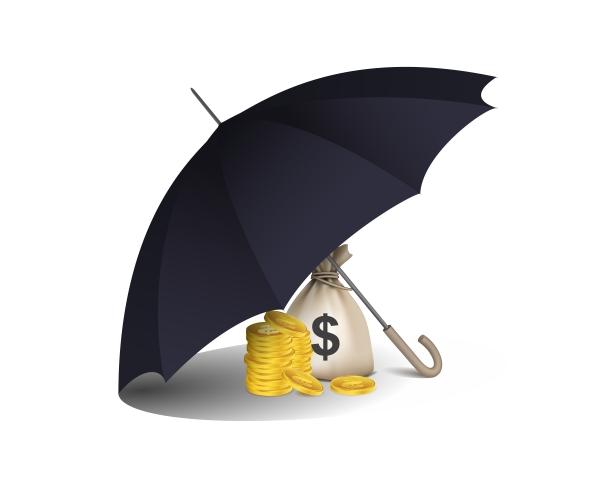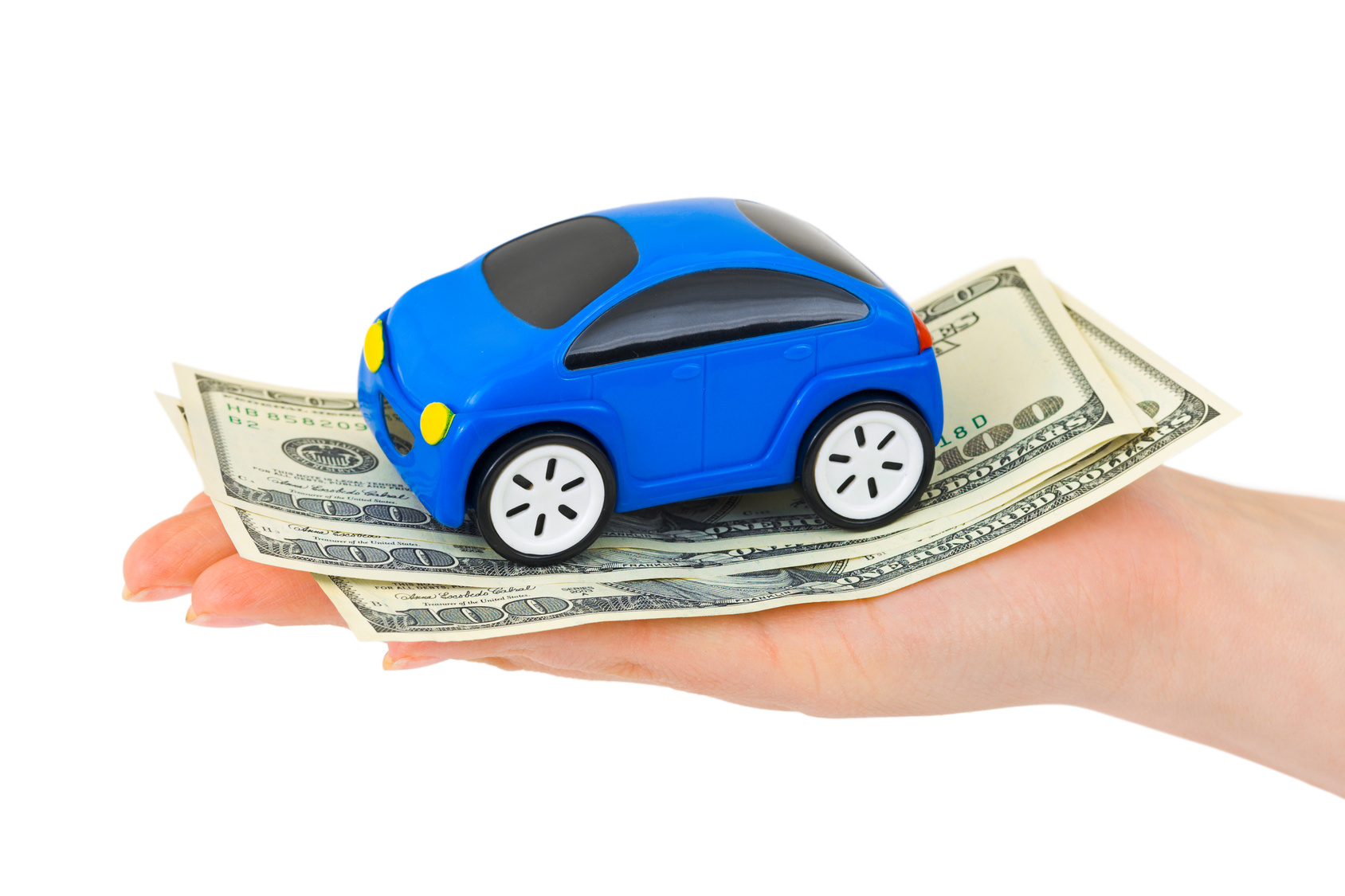You do a lot of research before you buy a two-wheeler, and you need to do the same kind of research to buy the right insurance. If you own a bike or are planning to own one, you should know that it is mandatory, under the Indian Motors Act, 1988, to have at least a third party two-wheeler insurance policy. But this covers only damaged people and property. If you want to cover yourself and your bike as well, you need to opt for a more comprehensive two wheeler insurance.
Read on to understand the facts before you buy bike insurance.
Aspects of Two Wheeler Insurance
When it comes to insurance for two-wheelers, there are a lot of aspects that need to be considered. The premium you have to pay, the city of registration, the model and make of the bike, the capacity of the engine and more importantly the type of cover you choose are all deciding factors. You can choose from third party insurance which covers damage caused to other people/property or go for a comprehensive cover that also covers you.
Changing your Vehicle
If you have bought a new vehicle, you can transfer the existing insurance policy in the new bike’s name. The insurance company runs a quick check on the vehicle and accordingly, the premium is adjusted. This is done on a pro-rated basis. Generally, your new bike should consist of the same value. Don’t worry, it is an easy and seamless process.
Factors Influencing your Premium
The premium you pay for your two wheeler insurance greatly relies on the kind of features your bike comes with. One essential factor consists of the city you purchase your bike from. There are two zones, namely Zone A and Zone B.
Zone A cities charge a higher premium than Zone B cities. Also, the cubic capacity (cc) of your bike is an important factor. Your premium increases, if the capacity increases.
Changing the Ownership of the Insurance
If you happen to sell your bike, you can transfer the ownership of your present insurance as well. All you have to do is inform your insurance company about the change in ownership. To be precise, you have to give this information to your insurer within fourteen days. Make sure you provide all the required details and documents when it comes to the vehicle.
Insured Declared Value
Make it a point to examine the Insured Declared Value (IDV) stated in the policy paper well. This is usually calculated based on the market value of the bike and depreciation. As the bike gets older, the premium falls and depreciation rises. IDV refers to the effective value of the vehicle that has to be paid, should the vehicle get affected lost or damaged.
These are just some facts you need to take into account when purchasing insurance policy for a two-wheeler. Simply buying a bike is not enough, you need to look into its upkeep, security and maintenance as well. These above simplified terms are sure to help you in choosing the best and most suitable insurance for your two-wheeler with ease.




